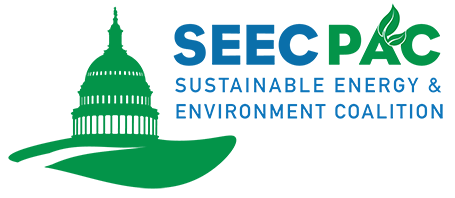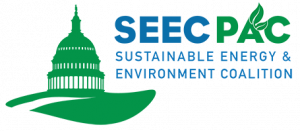At first glance, you might not know that this Supreme Court case has huge implications for environmental policy-making.
On its face, the case involves a 2018 Department of Health and Human Services rule that slashed discounts for a group of hospitals that serve low-income communities. The policy was upheld by the U.S. Court of Appeals on the basis of “Chevron deference” — a wonky but crucial judicial principle that holds that courts should defer to executive agencies’ interpretations of ambiguous laws when making regulatory decisions.
We know this sounds technical, but what’s important for you to know is that Chevron deference is the ground on which U.S. environmental regulations stand on. For example, many policies enacted in the name of the “Clean Air Act” rely on this framework.
And this conservative-dominated Supreme Court wants to do away with it.
That is why many legal scholars think conservative justices on the Supreme Court unexpectedly picked up this case: in order to roll back the ability of the federal government to enact climate and environmental policies.
“There’s no doubt that the justices are thinking about some of these bigger questions like the extent to which it’s appropriate for a court to defer to an agency’s interpretation,” said Oregon Solicitor General Ben Gutman.
During oral arguments, Supreme Court justices seemed to hint at the possibility of nixing Chevron:
“Are you arguing that we should overrule Chevron to get to the statutory approach that you’re taking?” Justice Clarence Thomas
“These cases often tend to arise in circumstances just like this, where the government is seeking deference for a rule that advantages it,” Justice Neil Gorsuch said.
It sure seems like the conservative majority on the Supreme Court is looking to use this case to overturn Chevron, and with it, take a huge tool for fighting climate change and protecting our environment away from the federal government.
If this happens, we’ll only have one hope: Immediate environmental legislation in Congress to specifically re-enact various environmental safeguards and policies.
SEEC Members of Congress will be ready to fight that fight if they have to, but this illustrates the importance of having the right members of Congress in place to take action. If we lose only a small number of SEEC members in Congress, there won’t be the numbers to ensure the restoration of climate and environmental policies. That’s why we are asking: can pitch in immediately with a donation to help expand the number of SEEC members who will fight the impacts of this case from the ultra-conservative Supreme Court?

